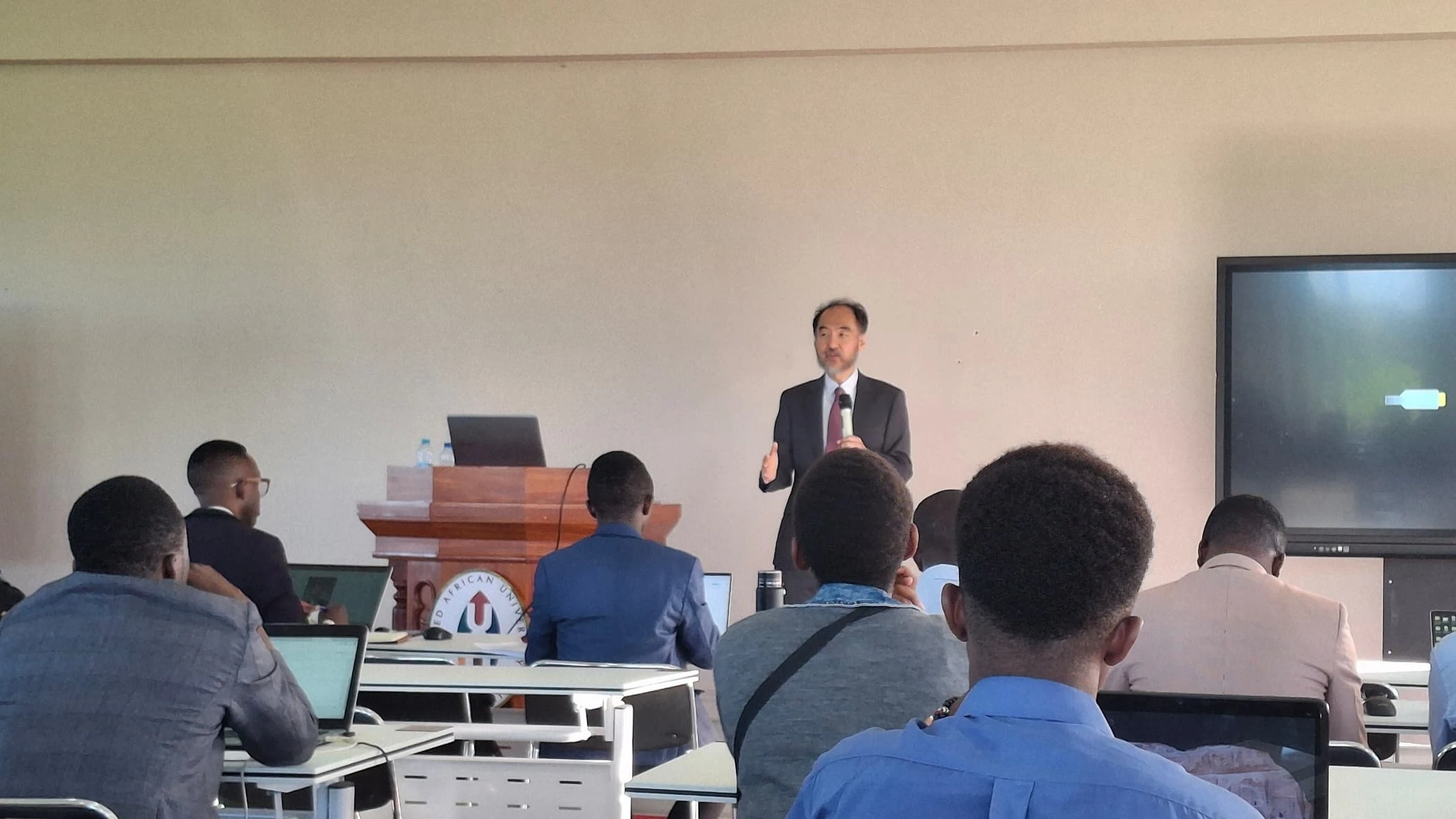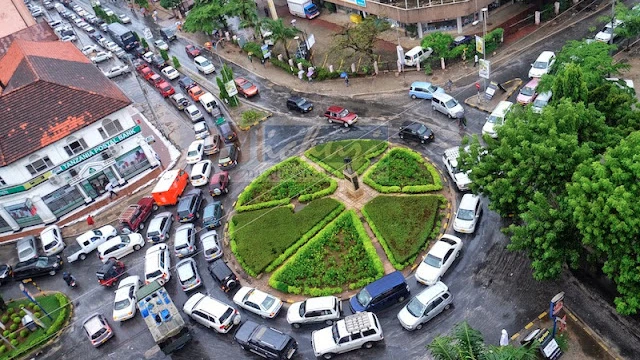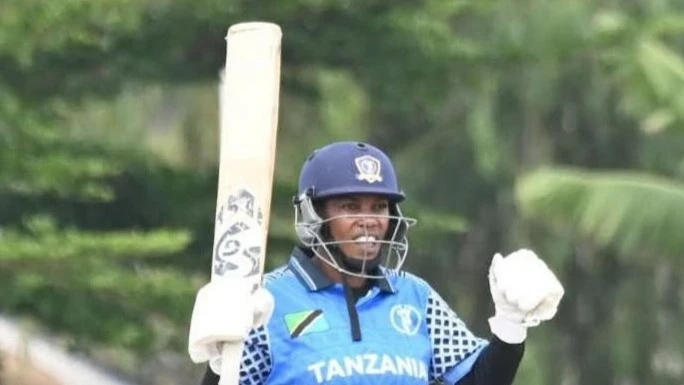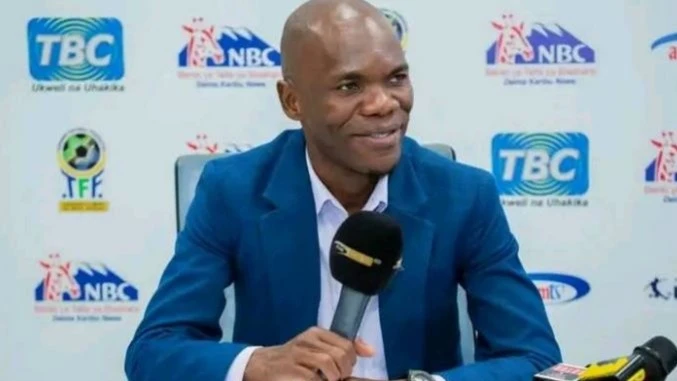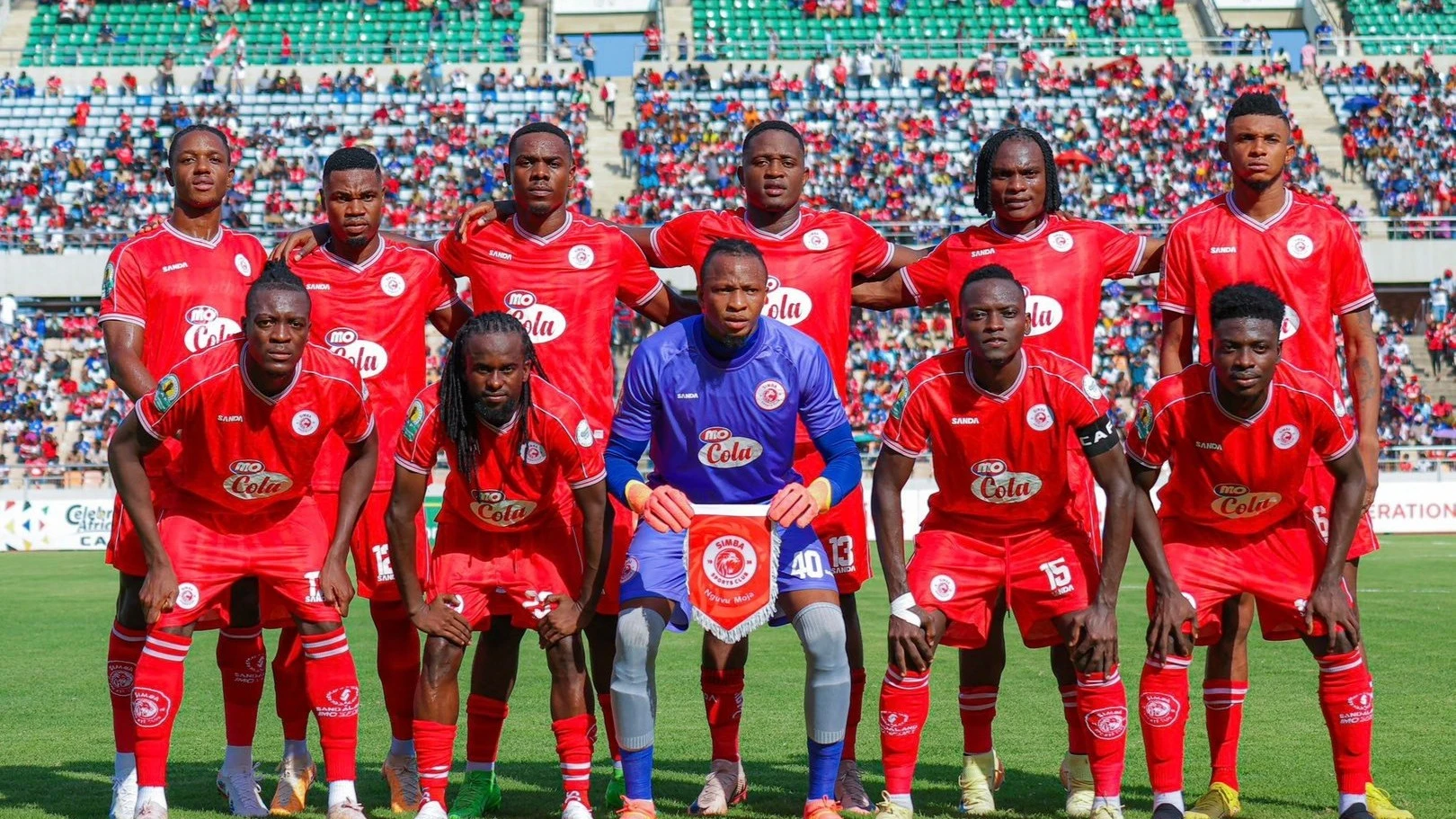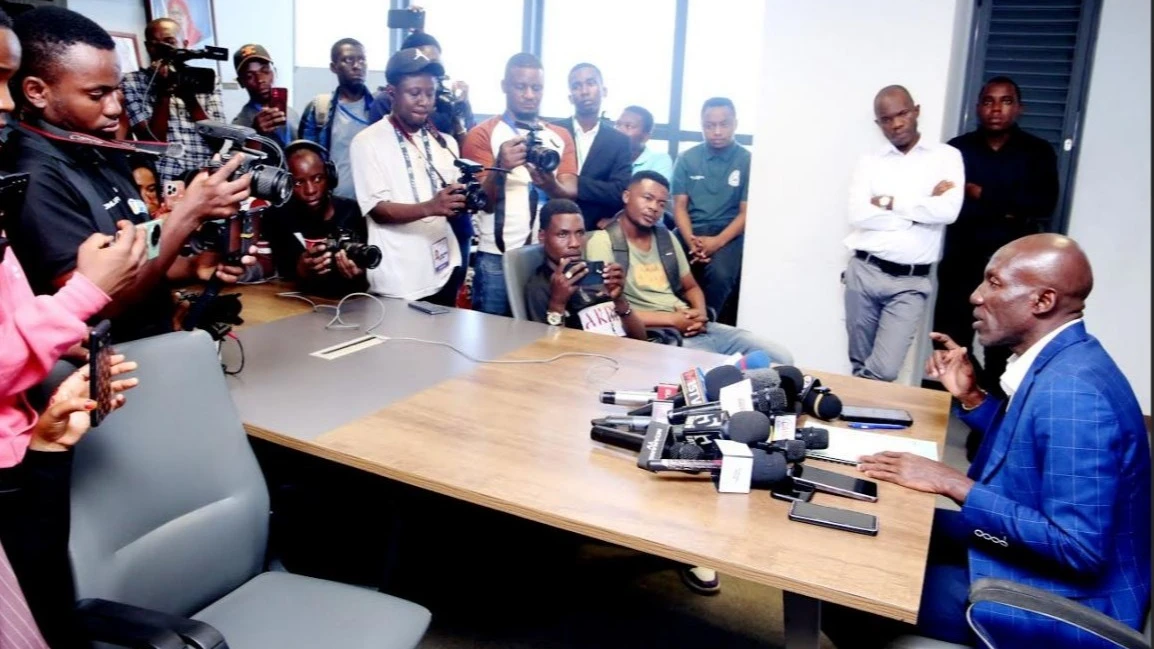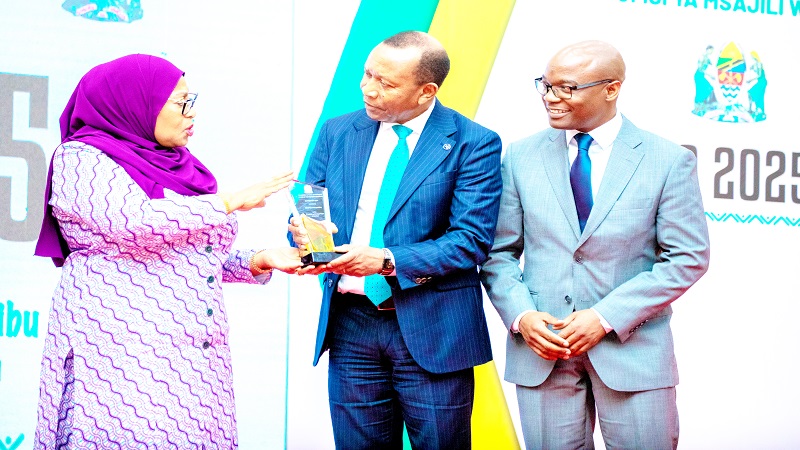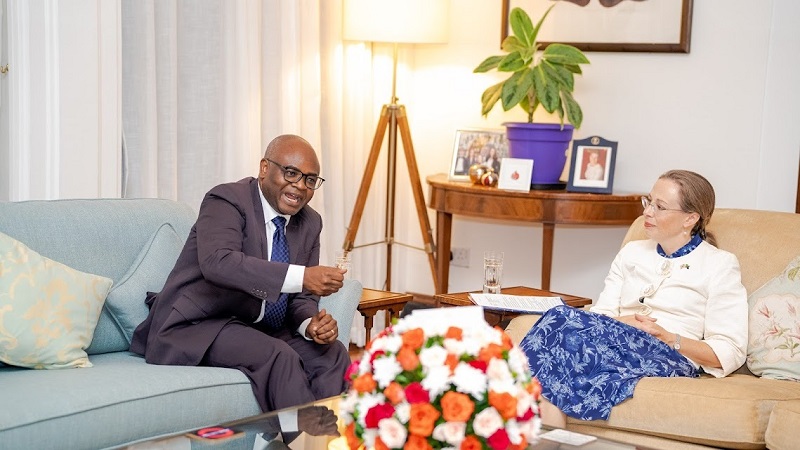Wake-up call for the Tanzania Premier League Board
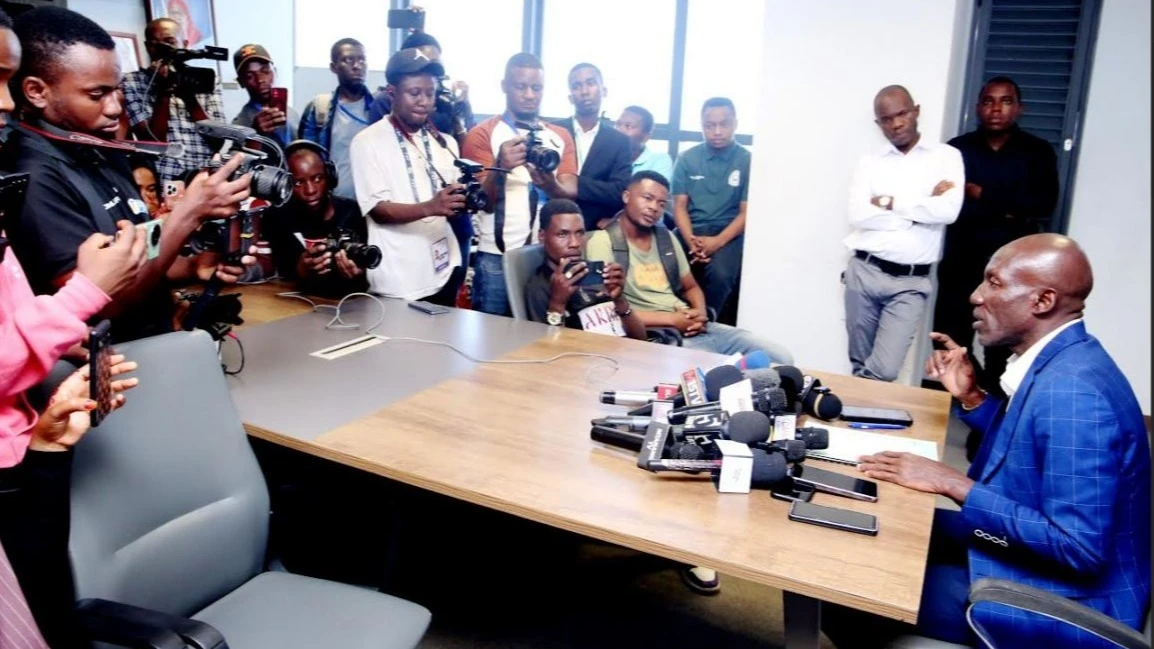
THE Dar es Salaam Derby, the iconic showdown between Young Africans (Yanga) and Simba SC, is the heartbeat of Tanzanian football, uniting fans in a spectacle of passion and rivalry at the Benjamin Mkapa Stadium.
Yet, under 72 hours to the latest installations of the derby its fate is still unknown with the likelihood of being played very slim. The event is mired in controversy, with Young Africans standing firm on their refusal to play their rescheduled Mainland Premier League fixture until their submitted demands are addressed by the Tanzania Premier League Board (TPLB).
The club's steadfast position was confirmed following a meeting with the league's governing body on Monday.
This crisis, rooted in the TPLB’s institutional weaknesses as a semi-autonomous body under the Tanzania Football Federation (TFF), exposes a governance structure that lacks independence, transparency, and authority.
The Dar es Salaam Derby debacle is not just a fleeting dispute but a critical moment that demands urgent reform to secure the future of the TPLB and Tanzanian football.
The TPLB, responsible for overseeing the Mainland Premier League, Championship, and First Division League, operates under the leadership of CEO Almasi Kasongo and Chairman Steven Mguto.
Established in 2012 as a semi-autonomous entity under the TFF constitution, the TPLB is meant to manage Tanzania’s top football competitions with impartiality and efficiency.
However, its semi-autonomous status is illusory. In reality, the TPLB functions as an extension of the TFF, lacking legal standing or financial independence. This structural flaw has left it ill-equipped to handle high-stakes disputes, as evidenced by the current Dar es Salaam Derby controversy.
The crisis began with the postponement of the derby originally scheduled for March 8, 2025. The match was postponed just hours before kick-off after Simba lodged a complaint alleging that they were denied access to conduct their final training session at the Benjamin Mkapa Stadium, the designated venue for the match, by individuals alleged to be Young Africans' security personnel.
The last-minute postponement by the League Board angered Young Africans, who subsequently announced they would not play any further matches until they received an official explanation for the initial postponement.
Young Africans alleged opaque handling and suspicious motives by the TPLB, and escalated the matter to the Court of Arbitration for Sport (CAS). TPLB Chairman Mguto called Young Africans’ move “ridiculous”, insisting domestic channels could have resolved the issue.
Young Africans’ grievances underscore a profound lack of trust in the TPLB’s leadership. The club’s public statements reflect a broader sentiment: the TPLB is accused of incompetence.
The TFF’s involvement in the postponement, citing concerns over potential unrest and corruption without clear evidence, further muddied the waters, fueling accusations of bias and mismanagement.
This controversy highlights the TPLB’s inability to operate independently. Controlled by the TFF, which holds the purse strings and decision-making power, the TPLB cannot act without federation oversight.
This dynamic compromises its ability to mediate disputes impartially, especially when powerful clubs like Young Africans and Simba are involved.
The lack of transparency in the postponement decision, coupled with the TPLB’s failure to engage stakeholders effectively, has eroded its credibility.
Fans, clubs, and sponsors are left questioning whether the board can deliver a fair and stable league, threatening the derby’s status as a national treasure.
The TPLB’s handling of this crisis is not an anomaly but a symptom of deeper, systemic issues. Its lack of legal standing as a distinct entity, unlike autonomous bodies like the English Premier League or South Africa’s PSL, leaves it powerless to enforce decisions or resist external pressures.
The board’s reactive approach to fixture scheduling and dispute resolution has long frustrated stakeholders. For instance, while the TPLB has improved stadium infrastructure, these gains are overshadowed by its inability to manage conflicts decisively.
The derby crisis, with its potential to disrupt the league’s calendar and alienate fans, is a stark reminder that the TPLB’s current structure is unsustainable.
The future of the TPLB hinges on transformative reform. First, it must become a fully autonomous, legally recognized entity, independent of the TFF.
This would require a new governance framework, with its own funding model, perhaps through league sponsorships and broadcast rights, to ensure financial self-sufficiency.
Autonomy would empower the TPLB to make decisions in the league’s best interest, free from federation influence or club pressures.
Second, the TPLB must prioritize transparency and accountability. Clear communication, backed by evidence, is essential to rebuild trust. For example, future postponements should involve consultations with clubs and public explanations to avoid perceptions of favoritism.
Third, the TPLB needs to professionalize its operations, investing in trained arbitrators, robust dispute resolution mechanisms, and proactive fixture planning to prevent crises like the current one.
The ongoing crisis, driven by the board’s lack of independence and competence, has turned a celebration into a flashpoint.
As fans await clarity on June 15, the TPLB must seize this moment to rethink its role. A strong, autonomous TPLB could elevate Tanzanian football, ensuring the Dar es Salaam Derby remains a source of pride rather than a casualty of institutional failure.
Top Headlines
© 2025 IPPMEDIA.COM. ALL RIGHTS RESERVED










